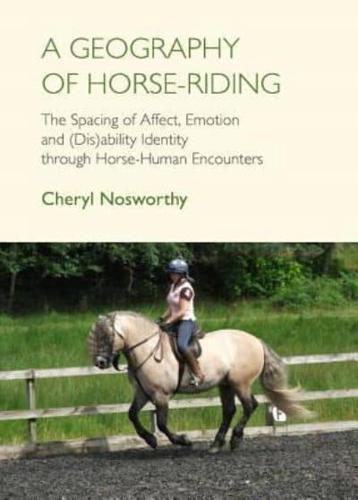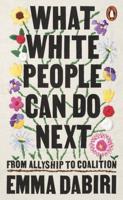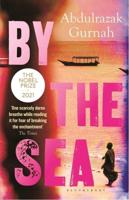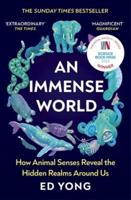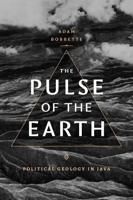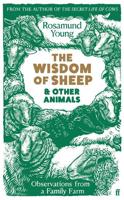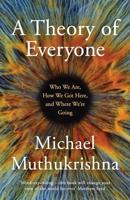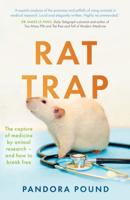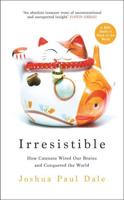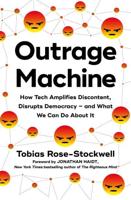Publisher's Synopsis
This book presents an in-depth, qualitative exploration of the practice of horse-riding by "disabled" and "non-disabled" riders and their horses. Situated as part of an "affective turn" within human geography, creative and original use is made of poststructuralist theory to bring together animal studies and disability studies in order to decentre the human as we think about the social. Eighteen months of multi-sited performance ethnography "on the hoof" were conducted with riders recruited from local riding schools, an internet forum and three Riding for the Disabled Association (RDA) groups. The study employed various methods, including diary-keeping, participant observation and video-recording of riding activities, in order to capture moments of horse-human relating. Through these methods, the embodied expressions of horses are taken seriously as demonstrative of their individual thoughts and intentions.
